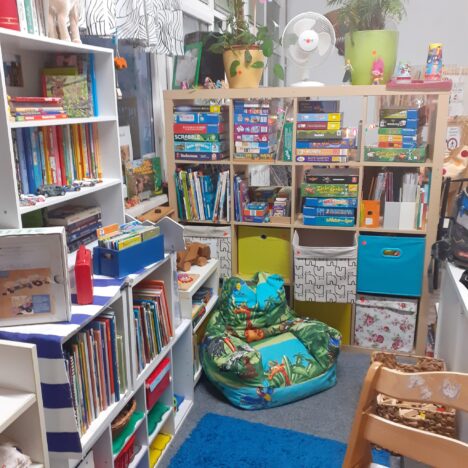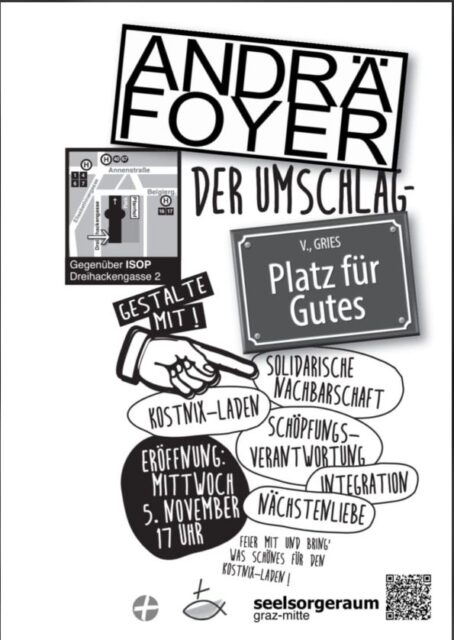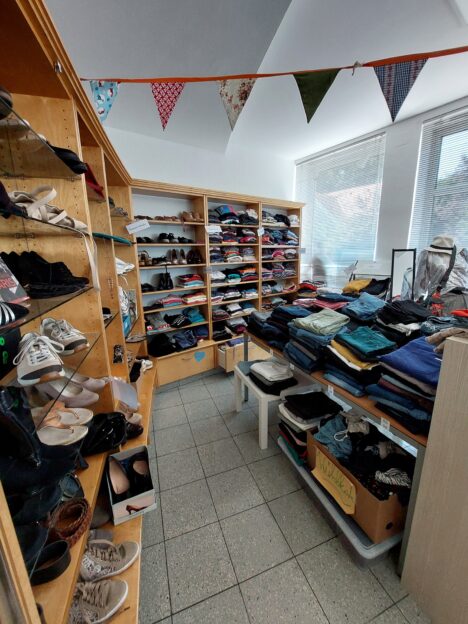Original post by bea on June 24, 2023. Translated by Lisa Scheer in 2023/24.
Disclaimer: Some of the links in this post might redirect you to a site in German. Feel free to use Machine Translation (such as DeepL or Google Translate) to get the information provided on these sites.
Why we want things that we don’t need and 10 tips to help us with this problem
The Diderot effect refers to the need to buy more when buying one thing to create a harmonic, fitting overall picture. A small part of our lives is improved by the first purchase, but we consequently feel discontent with another part of our lives or our whole life. Buying something new therefore often creates a spiral of consumption that leads to us buying more things that fit into the picture. We buy things that we don’t truly need. This effect is named after Denis Diderot, a French philosopher from the 18th century.
Denis Diderot (1713-1784)
Denis Diderot was poor for almost all of his life. After obtaining money and receiving a new bathrobe in 1765, he noticed that he wanted to buy more. This new bathrobe didn’t fit with his other, old belongings. He was overwhelmed with the urge to buy more and more that went better with his new clothes.
“Between these prints three or four suspended plasters formed, along with my old robe, the most harmonious indigence. I was the absolute master of my old robe. I have become the slave of the new one.”
Denis Diderot


Examples of the Diderot effect
Think about if you bought one thing once and then „had to“ buy more.
- A new sweater calls for a fitting pair of trousers, for fitting shoes, for a fitting handbag…
- You are new in a gym? All of a sudden you want new trainers, a new bag, protein powder and a fitness watch.
- You buy a new, beautiful couch and all of a sudden you are unhappy with the rest of your living room.
- Technology: You buy a new iPhone and now you want a MacBook.
Ads use this effect to get us to buy updates, upgrades and new versions. Especially when shopping online, we are confronted with the Diderot effect (cross-selling and upselling): „This goes with…“ or „Often bought with…“ are typical examples.
What we can do against the Diderot effect
It’s not enough to recognise the Diderot effect and be aware of it. We need to actively work against it to be content with an optimal number of things we own.
1) Reduce impulses
One of the quickest fixes to counteract the Diderot effect is to avoid things that create it:
- Unsubscribe from commercial newsletters
- Unsubscribe from catalogues
- Use adblockers on websites, YouTube…
- „Werbung nein danke“ („Ads – no thank you“) – stickers (for unaddressed advertising)
- Registration to the Robinson list (for adressed advertising)
- not meeting friends in stores or shopping centres
- no walking around in stores
- shopping with a list only
2) Only buy things that match your style or one of your sets
You don’t have to start at zero whenever you buy something new. Don’t buy any extravagant unique pieces but things that fit into your life.
- New clothes should match in colour or in style to what you have in your wardrobe. Do you have fitting shoes for your new dress? Key words: capsule wardrobe
- Or be proud of having a „mixed style“!
- New electronics? Does the old charger, the old adapter or the old cable still fit with your new phone?
- Write a list on the pros and cons of a new product and read them aloud.
3) Set limits for yourself
Set limits for yourself – you can still act freely within these limits. Choose your own lifestyle and keep it up. Do not constantly aim for more. Give yourself a budget that you want to spend on new things. A maximum of things that you have around yourself. A maximum of space. Whatever.
4) Something new in, something old out
Each time you buy something new, the same number of things has to leave the house. This helps us with not hoarding things. But it still heightens consumption and production and therefore a waste of resources and furthers the climate crisis. This tip should not be an inspiration to buy more. A small tip on the side: Pass things on in a way that makes sense!

5) No-Buy-Challenges
Challenge yourself: Choose months where you buy NOTHING but the essentials such as food and hygiene products. Start with a month and keep it in writing. Write down how you feel about it. How much money you have saved. Get a buddy, because it’s easier together. And you are less likely to quit. Perhaps you want to keep up the challenge afterwards?
6) Try alternatives to consumption
Do you already have this thing at home (maybe in a similar shape and form)? Borrow instead of buying. This makes sense with sports equipment that you don’t need often. You don’t need to buy the whole equipment. Can you exchange things? Or make something yourself? Try to fix things (Do-it-yourself-Anleitungen, Repair-Cafés). The more we limit ourselves, the more creative we become.
7) Think about it for a couple of days
Do you want to really buy something? Put off buying it by a couple of days. Sometimes you might forget it after some time. Let’s be honest: Some impulsive purchases are questionable, aren’t they?
8) Think about WHY
Why do you buy things that you don’t need? Do you think they will improve your life? Do you wish for satisfaction? For freedom? A brutal answer for you: No. This happiness is shortlived. You might become more discontent and want more and more.
“Keep your old friends. Let my example teach you a lesson. Poverty has its freedoms; opulence has its obstacles.”
Denis Diderot
9) Leave the cycle
You already have everything that you need to be happy. Hit the brake and have a look at your life. Unnecessary things cost money. Money you have to work for. Money that you can invest better.
10) Say goodbye to the need to want things
There is always going to be something higher, bigger, more beautiful, faster or cooler. The short-lived wish for these things doesn’t always have to be granted. Let it go – or work on it. Happiness is something that grows and that we have to work for. Money doesn’t help here.
A hint: The Diderot effect is not equivalent to shopping addiction. It is still interesting that the Diderot effect can be reversed and be the reason for a shopping inhibition. „I won’t buy a new dress, because I will have to buy new shoes.“
What helps you to trick the Diderot effect? Let us know in the comments.
Sources:
- Diderot’s essay „Regrets on Parting with My Old Dressing Gown“, 1772
- https://bernardzitzer.com/de/diderot-effekt/
- https://de.wikipedia.org/wiki/Diderot-Effekt
- https://inventur-blog.de/konsumkoepfe/diderot/
- https://newsv2.orf.at/stories/2200619/2200618/
- https://www.growganic.de/diderot-effekt-einmal-gekauft-nie-mehr-gestoppt/
Anmerkung der NiG-Redaktion:
Falls du keine wichtigen Beiträge oder Termine von uns verpassen willst, abonnier doch bitte gerne unseren Newsletter! Er kommt unregelmäßig und nicht zu häufig – versprochen. Oder schau regelmäßig in unseren Veranstaltungskalender.
Wenn dir gefällt, was wir auf dieser Plattform tun, nämlich bereits seit 2017 über Nachhaltigkeit, Umwelt- und Klimaschutz zu informieren, dann unterstütz uns doch bitte auch finanziell, um unsere Website in dieser Qualität und Fülle weiterführen zu können – uns hilft jeder Beitrag!
Verein „Nachhaltig in Graz“
BIC: STSPAT2GXXX
IBAN: AT20 2081 5000 4200 1552
Verwendungszweck: Spende/Sponsoring (Mehr zum Sponsoring hier)
Du kannst dir auch gerne unsere kostenlose App aufs Handy laden, damit kannst du Informationen, Veranstaltungen und vieles mehr entdecken: App Nachhaltig in Graz














